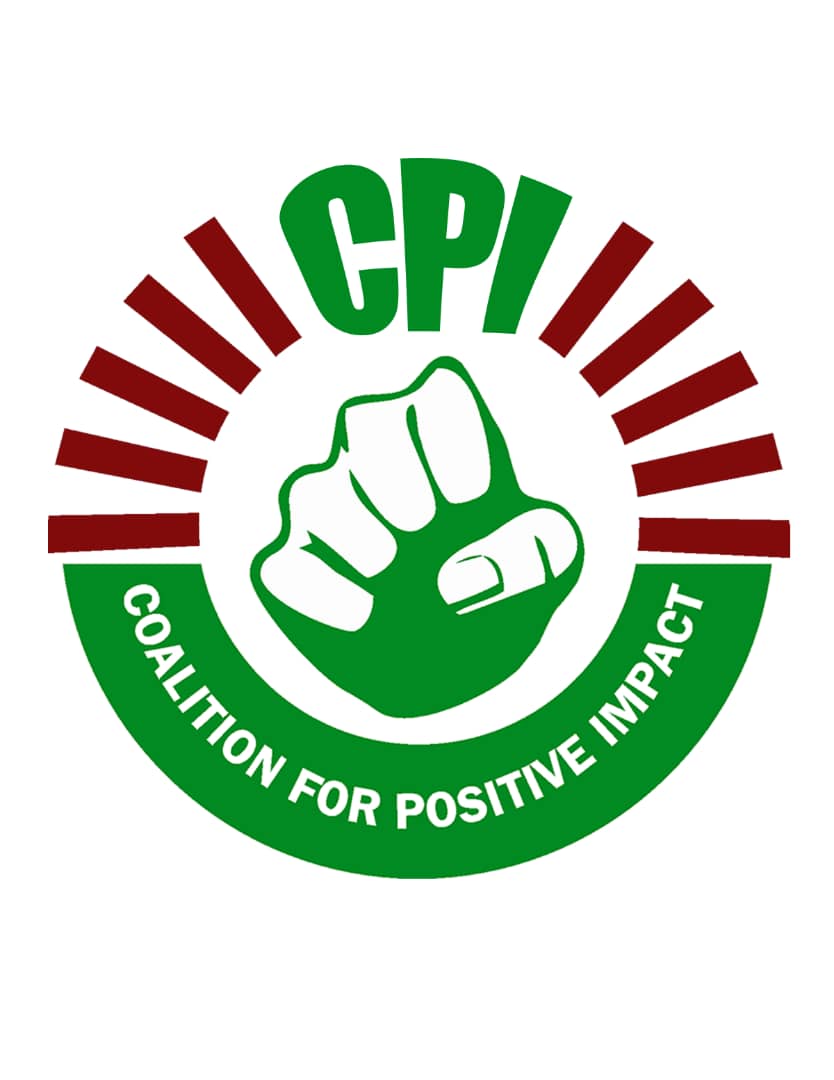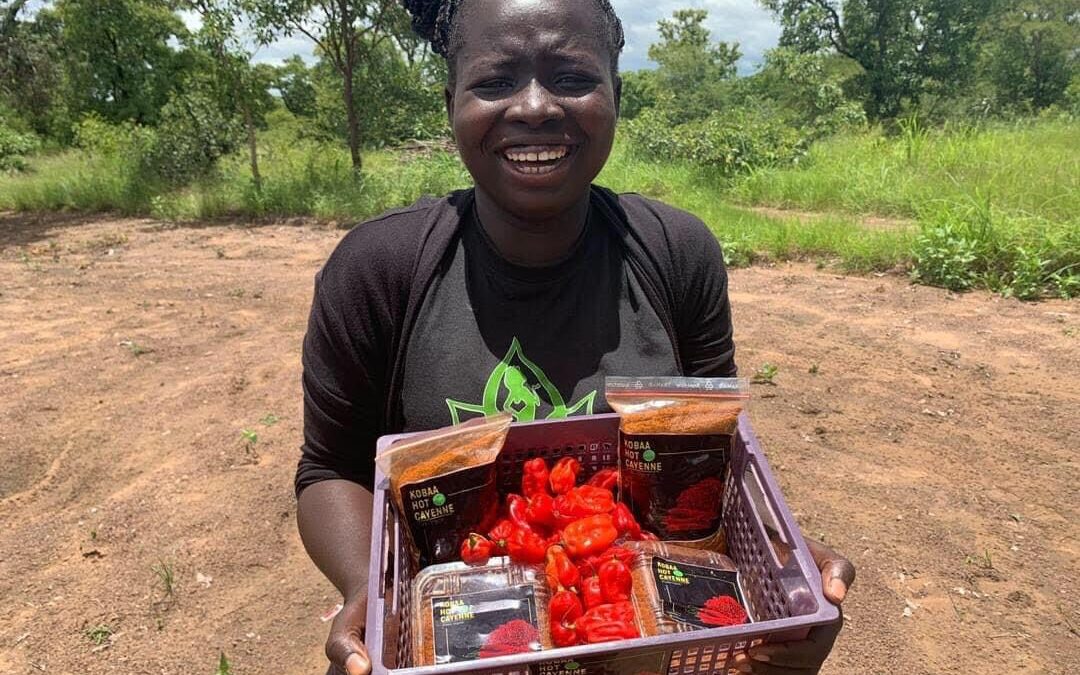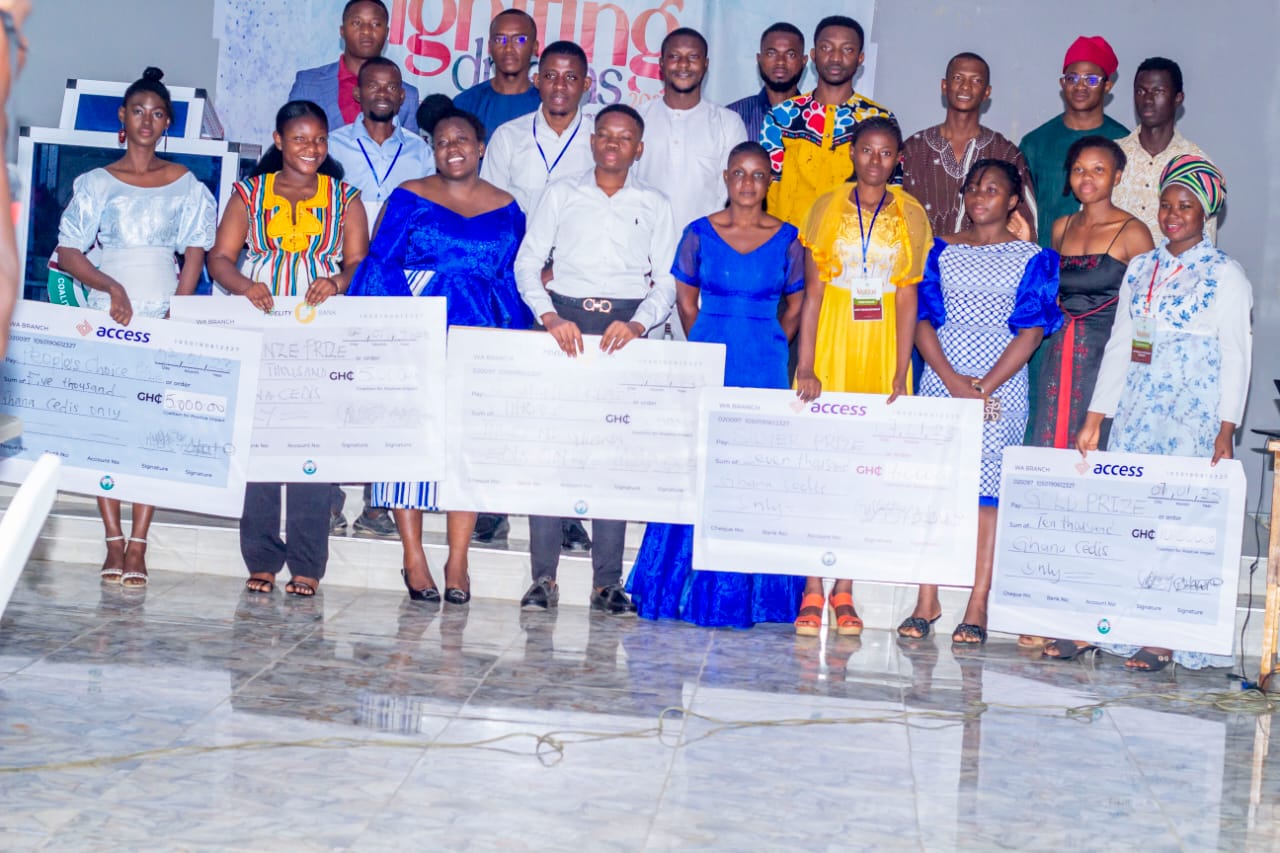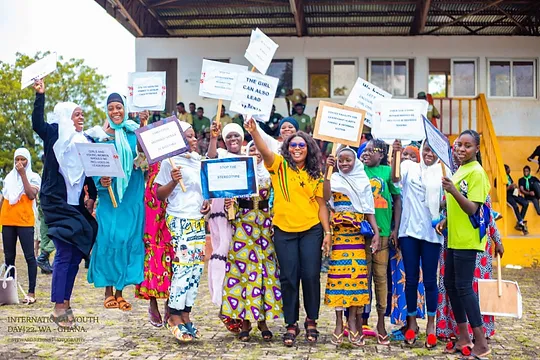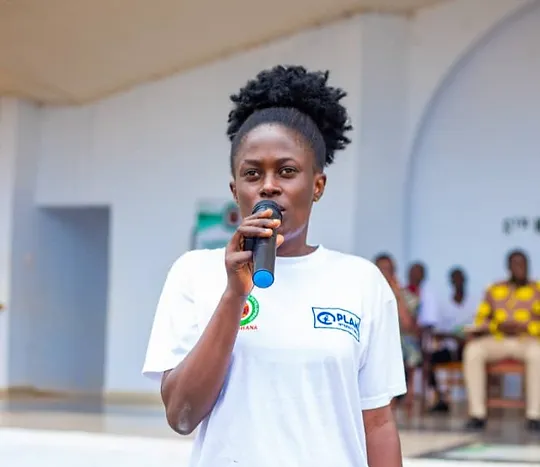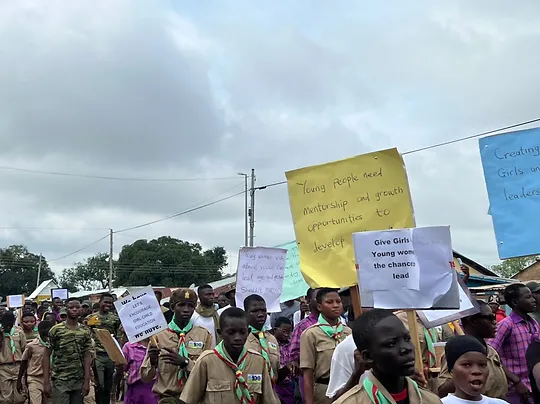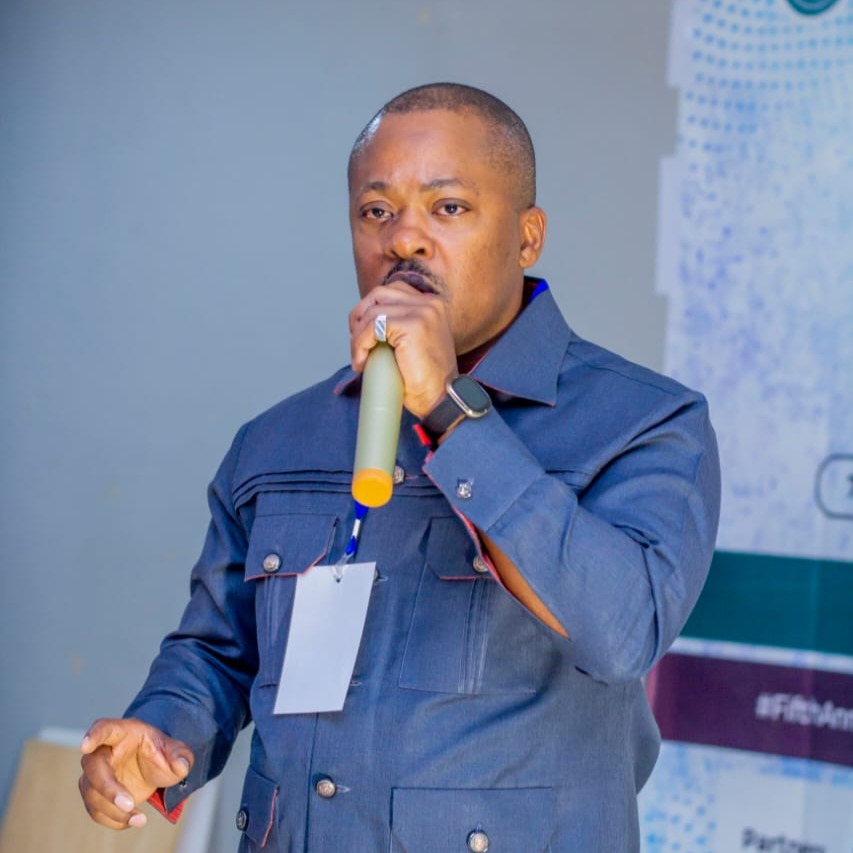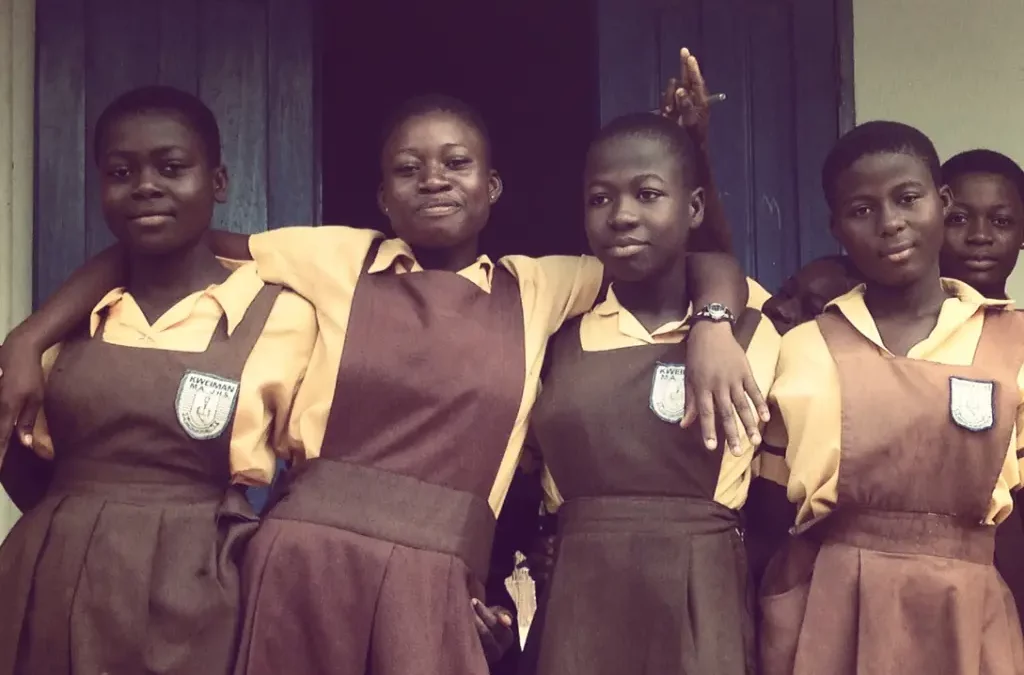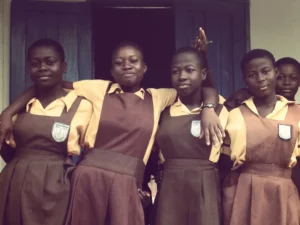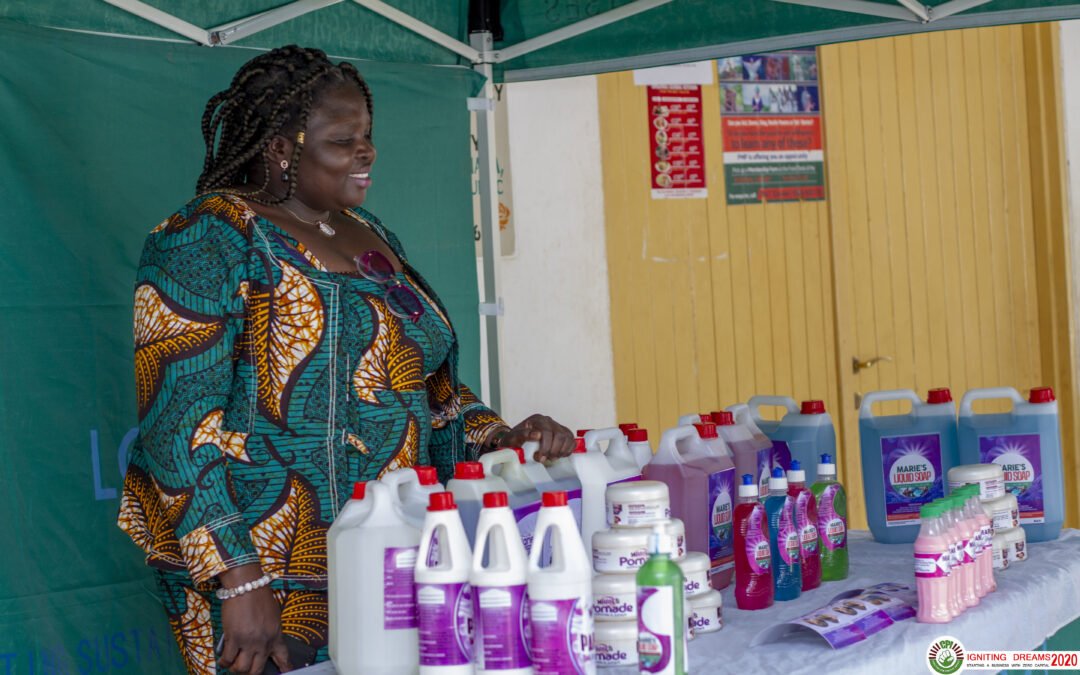
Northern Ghana: Opportunities For Young Entrepreneurs
Northern Ghana is at a turning point. The region boasts young people, growing towns, and a robust agricultural sector. Communities in the region are brimming with opportunity. The issues these communities face are fixable problems that must be addressed carefully by the next generation of changemakers. This brief piece aims to clarify which problems matter, why they matter, and how the practical application of technology can expedite results.
Start with livelihoods and market access
Agriculture feeds most households in the north. Smallholder farms produce staples such as millet, maize, rice, and vegetables. But farmers often get low prices and lose value between harvest and the market. Improving incomes means addressing post-harvest loss, aggregation, and access to buyers. Support for agribusiness and processing can turn raw produce into higher-value goods sold regionally and nationally. Evidence from local agri-initiatives shows that better processing and local value chains raise farmer incomes and create jobs.
To seize this opportunity using technology, deploy simple market and logistics platforms that connect farmer groups to buyers. Use basic mobile apps or SMS systems for price discovery, order management, and traceability. Low-cost sensors such as GrainMate from Sesi Technologies and digital records help cooperatives forecast yields and plan drying, storage, or processing. These tools shrink the gap between field and market.
Solve multidimensional poverty by designing for the whole person
Opportunity areas in Northern Ghana are diverse: Health, education, clean water, and stable work, all of which offer opportunities for entrepreneurs. These markets are largely untapped. Providing one service opens up market opportunities for others.
Designing solutions with people in mind solves key problems for underserved consumers and maximises value for investors.
Invest in skills and micro-enterprise
A young population is an asset only if skills match opportunities. In towns like Tamale, Wa, and Bolgatanga, informal markets grow, but many youth still lack the technical and soft skills that support steady work. They need training that links directly to local value chains such as agro-processing, cold-chain services, transport, crafts, and digital services. Online learning platforms can close this gap by offering flexible training in practical skills. Simple e-commerce tools also help young people reach customers and test small ventures with lower risk.
How technology helps: Use blended learning. Served as short in-person workshops plus mobile learning and chat-based coaching, learning must be painlessly driven using philosophies such as adopting learning groups among communities. Marketplaces built for local contexts let artisans and processors reach urban buyers.
Build resilient infrastructure and services
Infrastructure matters. Roads, storage, reliable energy, and water shape whether farms and small businesses thrive. Investments that reduce transport time and energy costs change economics at the household level. Likewise, digital access widens opportunity. Ghana’s overall internet adoption is high and rising, which creates a foundation for digital inclusion in the north. But digital projects must be tailored to local realities: low bandwidth, shared devices, and language diversity.
Here is the role technology could play in all of this: opt for resilient, low-bandwidth solutions. Solar-powered cold rooms with digital temperature logs can cut post-harvest loss for perishable crops. Community Wi-Fi, school-based labs, and localized content in local languages make online training and markets useful.
Choose problems that scale by design
Changemakers should pick problems that allow many people to benefit. Small pilots are useful, but plan for scale from the start. That means designing models that local authorities, cooperatives, or private partners can replicate. Document results, measure impact, and use data to adjust quickly. Trusted local partners make scaling possible.
What impact to expect
When interventions link production to markets, improve skills, and coordinate services, outcomes show up fast. Farmers earn more. Young people start viable businesses. Food waste drops. Health and school outcomes improve. These gains add up. They support resilient households and create demand for new services. In time, the region’s economy diversifies and grows.
A final word
It goes without saying that these problems are not small, to say the least. Therefore, lots of capital needs to be pumped. But one of my favorite Principles of Effectuation by Professor Saras D. Sarasvathy of the University of Virginia Darden School of Business is the Bird in Hand Principle: start with what you have. That is the foremost skill of an entrepreneur: managing scarce resources to create value. But also, do not be discouraged with small beginnings. Choose one local market or value chain. Work with farmer groups and a local tech partner. Measure simple indicators: incomes, post-harvest losses, and the number of youth employed. Use that data to iterate. Prioritize inclusion: women, marginalized communities, and remote villages must be part of the solution.
Those who act early will shape the future of Northern Ghana’s economy. The region holds real opportunities in agriculture, processing, skills development, logistics, technology services, and community infrastructure. Entrepreneurs have not yet explored most of these areas, which means the field is open for builders with clear insight and steady execution. The people who identify gaps, test simple solutions, and commit resources now will secure the strongest positions in the market. The window is open, and those who move with purpose will lead the next phase of growth.

